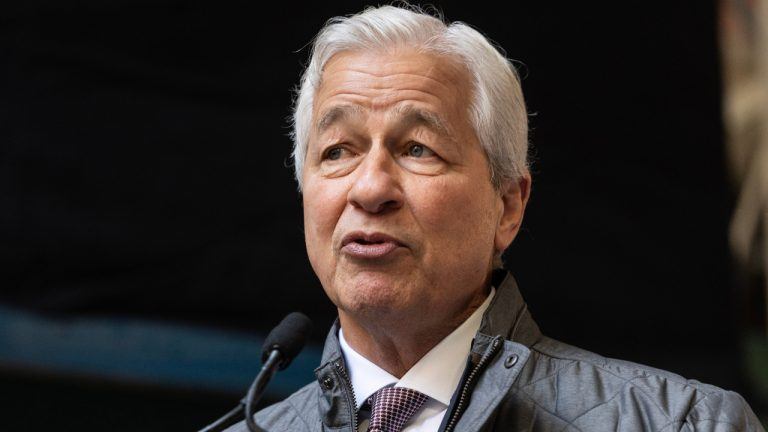Belarus Moves to Allow Investment Funds to Acquire Crypto Assets

The crypto-friendly nation of Belarus is preparing to permit investment funds to put money into digital currencies. A proposal to do so is part of a package of necessary legal changes tailored to attract such institutions to the country.
Finance Ministry Takes Steps to Facilitate Crypto Investments in Belarus
Amendments aimed at luring investment funds to Belarus have been published by the Ministry of Finance for public consultations. Despite having in place a regulatory framework for collective investments, not a single fund has been registered in the country so far, the department noted in its motives for the initiative.
One of the main reasons for the absence of such funds is that they are currently prevented from investing in crypto assets, representatives of professional circles have pointed out. The market for “digital signs (tokens),” the legal term used to describe cryptocurrencies, has been growing at a fast pace, the finance ministry has acknowledged.
To lift the restrictions, the ministry has drafted a resolution amending its own decree on activities in the securities market pertaining to investment funds. It plans to allow the funds to simultaneously operate as securities dealers and residents of the Belarus High-Tech Park (HTP). The latter manages a special legal regime established to facilitate the country’s digital economy, including the crypto sector.
Another concern expressed by professionals is the absence of long-term guarantees from the government regarding the existing tax cuts for the industry. To address the issue, the Ministry of Finance has put forward new provisions which will extend the tax exemptions for entities working with collective investments until Jan. 1, 2031.
Belarus opened its doors to crypto businesses with a decree “On the development of the digital economy” which went into force in the spring of 2018. The document, signed by President Alexander Lukashenko, introduced tax breaks and other incentives for companies dealing with digital assets.
Despite Lukashenko hinting last March at a possible tightening of the regulations, Belarusian officials have more recently indicated that the authorities in Minsk have no intentions of adopting stricter rules for the crypto space, even as the country’s closest ally, Russia, is discussing a proposal to ban a range of crypto-related activities.
While using cryptocurrency as a means of payment is prohibited in Belarus, HTP residents can issue and exchange coins and tokens and the country’s largest bank offers a service allowing users to buy and sell digital currencies. The crypto adoption index by Chainalysis ranks Belarus third in Eastern Europe, after Russia and Ukraine, due to strong peer-to-peer activity.
Do you expect Belarusian authorities to adopt the proposed changes and allow investment funds to work with cryptocurrencies? Tell us in the comments section below.






